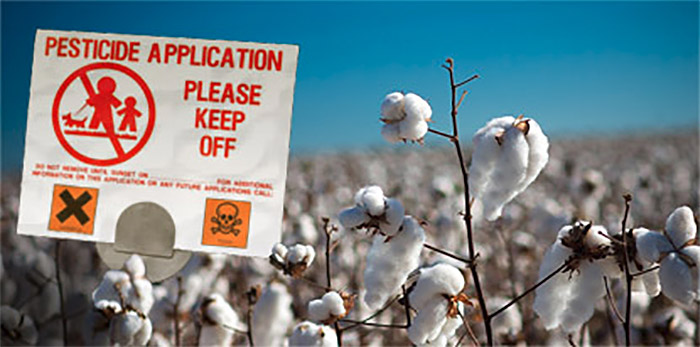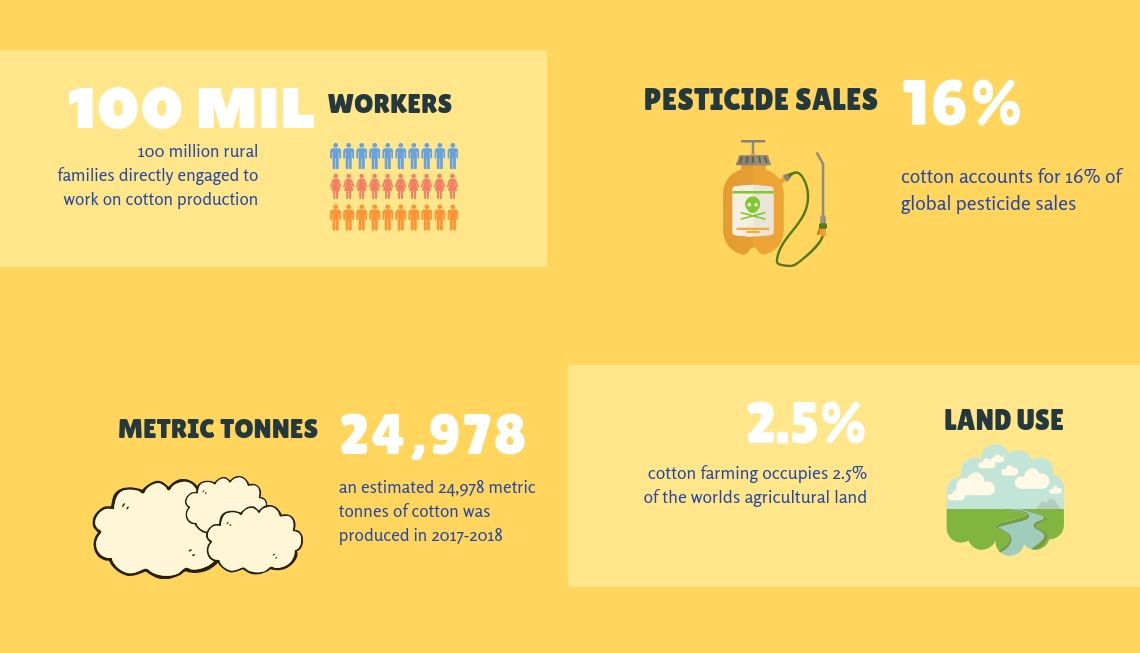This is Ora Bedding's NanoBAMBOO™
Ora Bedding's NanoBAMBOO™ is organic certified (ECOCERT) and sustainably sourced. Organic bamboo is not treated with harmful chemicals and our manufacturing process is recyclable as the organic ingredients and water can be reused again and again - forming a closed-loop system.
NanoBAMBOO™ is organic and chemical-free, ensuring you enjoy all the benefits of bamboo.
We are committed to providing our customers with not only safe, quality, and reliable products, but also ethical production throughout the entire supply chain. Therefore, we work diligently to source responsibly and only partner with ethical suppliers that are socially and environmentally sensitive.

The differences between bamboo and cotton sheets can be quite vast. Although both are natural materials that tend to excel in temperature regulation and durability, some may argue that cotton is more breathable, and bamboo lasts longer.
However, when it comes to sustainability, growing bamboo is far more environmentally friendly in comparison to its cotton counterparts.
The reality: Cotton is one of the most chemically intensive crops in the world.

Bamboo is a crucial element in the balance of oxygen and carbon dioxide in the atmosphere. A grove of bamboo release 35% more oxygen than an equivalent stand of trees. Because of this, planting bamboo is a great way to reduce your carbon footprint and help fight global warming. A perfect selection for Going Green.
Unlike most tree species, harvesting does not kill the bamboo, so topsoil erosion and other adverse effects of tree-felling are kept to a minimum. Bamboo is also the world's fastest-growing plant, making it ultra-sustainable.
Bamboo also uses little water and needs only 90L of water to produce 1kg of fabric. On the other hand, cotton uses 10,000L of water to make 1 bedding set, and that's 13 years of drinking water!
This is the reason why we do not have any cotton-made products.





